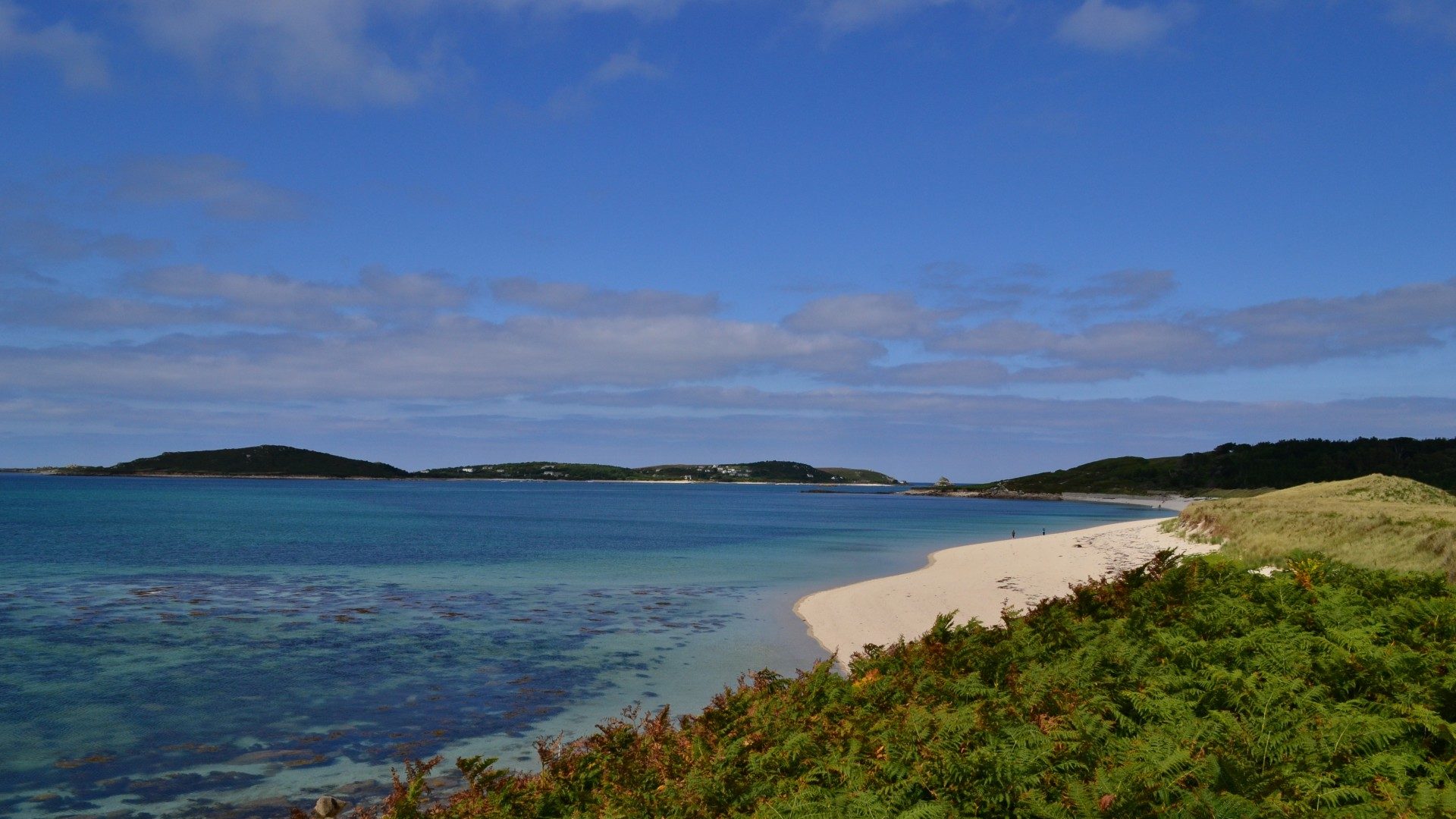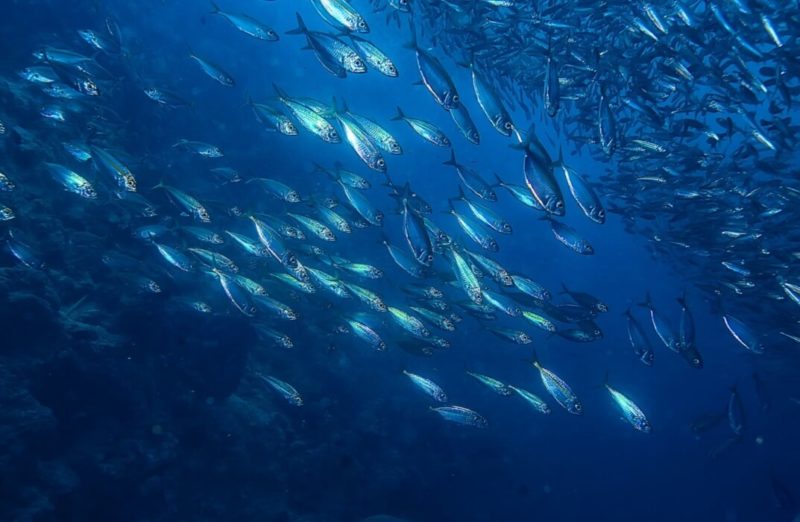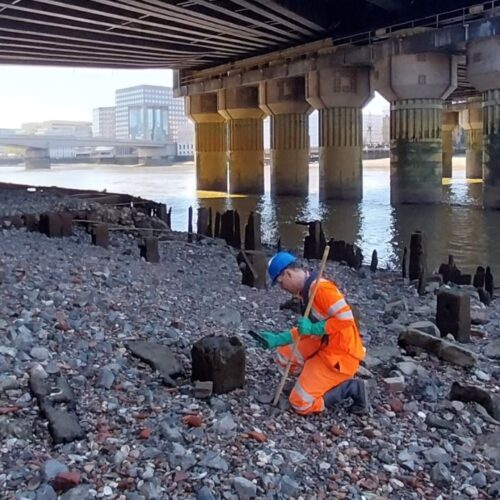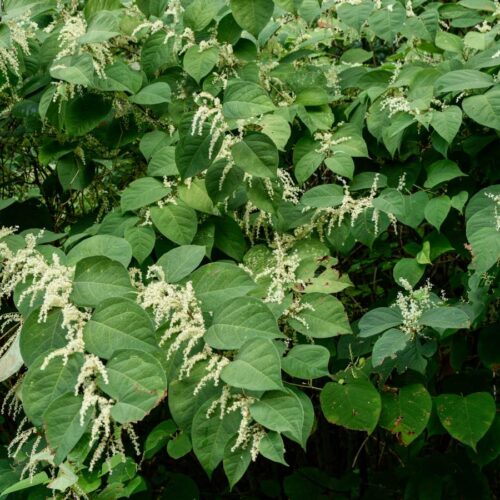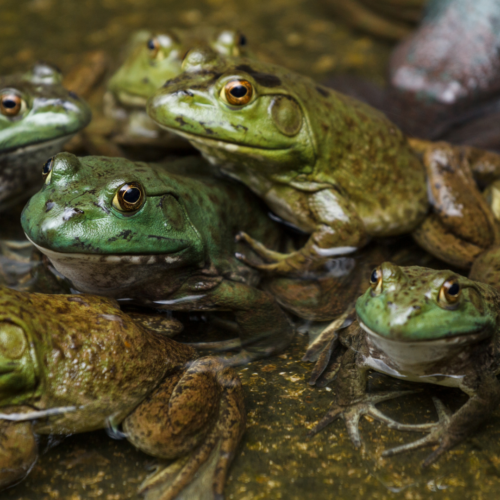Last weekend the only UK-wide beach clean took place, where the general public could volunteer in their thousands to help clean our beaches of litter.
Beach litter is at the highest level since records began. The Marine Conservation Society (MCS) organises the yearly ‘Great British Beach Clean’ and publishes the results. Data shows that nearly 2,500 items of litter are found on every kilometre of beach. The most commonly found items on our beaches include plastic, glass, sweets and crisp packets, caps and lids, rope and cotton bud sticks.
Much of this litter is washed up on our beaches during high tides and storms; however, litter is also left behind after busy sunny days by people who do not realise its negative impact on the environment.
Litter on beaches poses a threat to coastal and marine life. Birds and animals can become entangled in coastal litter and can also mistake rubbish for food. Turtles often mistake plastic bags for jellyfish and the bags can block their digestive systems, often leading to death by starvation. Plastic litter is also found in 90% of seabirds’ stomachs.
70% of the litter found on our beaches is plastic or polystyrene and it is estimated that plastic litter on our beaches has increased by 140% since 1994.
Over the past decade campaigns to decrease our impact on the marine environment have increased in urgency and the government and councils are listening and taking action. Awareness campaigns have brought about the 5p charge on plastic bags which is now in effect throughout the UK, and the government has announced a ban on the use of microbeads in cosmetics to come into effect by the end of 2017.
Campaigns to increase the public’s awareness that wet wipes are not flushable – http://www.wetwipesturnnasty.com/ – was launched this year by MCS in response to 400% more wet wipes being found on beaches and the cost to water infrastructure. Campaigns to ban the release of balloons and sky lanterns – are also being positively received, with local councils introducing voluntary bans on their release.
There is no one way of solving the problem of marine litter; however, increasing the awareness of the public is key, as is discouraging the use of plastic bags, recycling, and increasing the public’s environmental and societal feeling of responsibility. Awareness campaigns and beach cleans can play a big role in increasing awareness of the problems and of potential solutions.
Following a beach clean event which Thomson Ecology attended in 2015, staff are attending another beach clean, this time at West Wittering beach on Saturday 5th November on behalf of the charity, Surfers Against Sewage.
